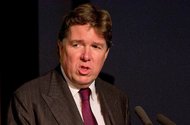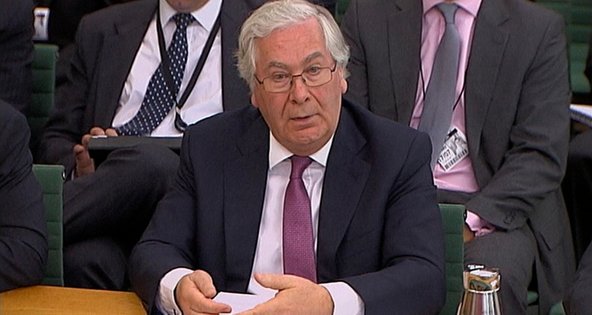This raises an intriguing question: What did the United States get for all that money?
Like previous rounds of quantitative easing, the goals for QE3 included reducing long-term rates, in that way bolstering lending, housing and employment. Those are big tasks, especially with Congress cutting spending. And there have been improvements, both during earlier rounds and during QE3. Since September, housing and employment have strengthened somewhat, and long-term rates fell for a while. Now, though, rates are actually higher than when QE3 began.
“Data are quite mixed on whether we’ve seen an expansion of lending,” said Catherine L. Mann, Rosenberg professor of global finance at Brandeis. Lending has increased for cars and commercial property, she says, but not for small business. New mortgage origination for housing remains weak. Meanwhile, the Fed’s outsize presence in the markets for Treasuries and mortgage-backed securities may have changed those markets in ways no one can predict.
QE3 was intended to make riskier assets like stocks more appealing. And stocks, which are predominantly owned by the wealthy, have risen in price. As a Bank of England study has shown, quantitative easing disproportionately benefits those who are already well off.
The Fed had other options. It could have put cash directly into the hands of consumers who needed it. Under the Federal Reserve Act, it can print and lend any amount of money for any length of time to any person or entity, as long as it is satisfied that it is likely to be repaid. With $800 billion, for example, the Fed could have given every homeowner in the country a $10,000 loan at a near-zero rate of interest. Think of what that might have done for the economy.

Source: Federal Reserve
Article source: http://www.nytimes.com/2013/08/04/business/what-the-nation-got-for-800-billion.html?partner=rss&emc=rss




